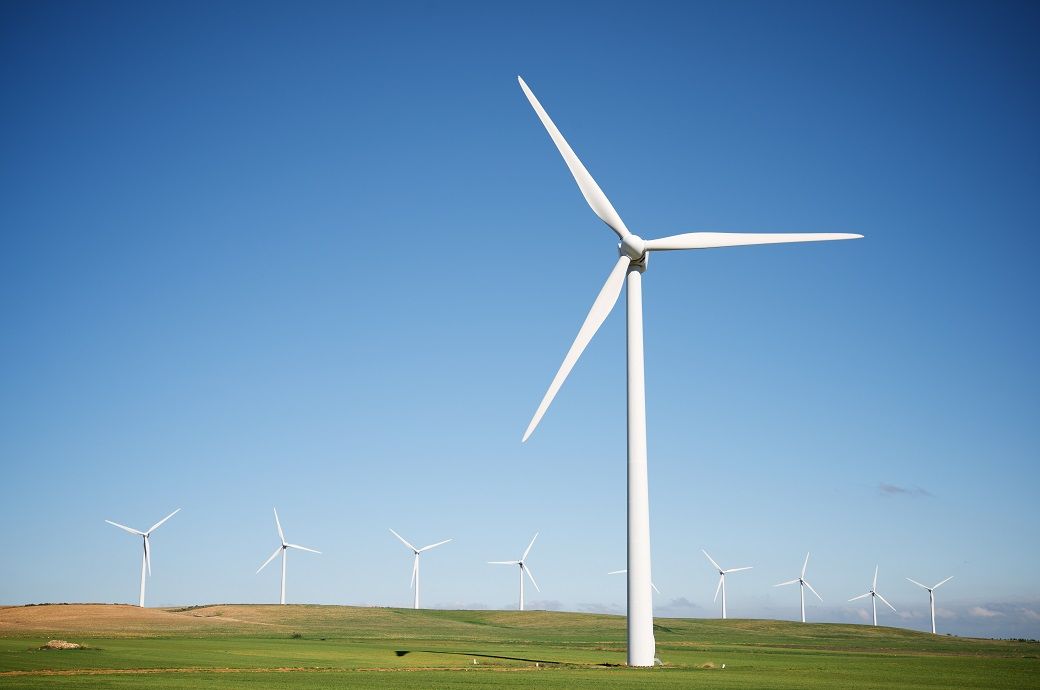NEA head Zhang Jianhua outlined five aspects of the plan to be implemented in the coming years at a recent press conference. One of the key strategies involves maintaining energy security through the increased use of coal, oil, and gas exploration, as well as storage and production. The nation’s objective is to retain a domestic crude oil output of 200 million tonnes and sustain a minimum natural gas self-sufficiency rate of 50 per cent.
China has revealed five measures for promoting the high-quality growth of the local energy industry.
The nation’s objective is to retain a domestic crude oil output of 200 million tonnes and sustain a minimum natural gas self-sufficiency rate of 50 per cent.
Non-fossil sources will account for 80 per cent of the country’s electricity growth by 2035.
To promote clean and low-carbon transformation, China plans to expand the use of non-fossil energy alternatives, including wind power, solar energy, hydropower, bioenergy, nuclear energy, and hydrogen energy. The country aims to expand the proportion of non-fossil energy in total energy consumption by one percentage point annually over the next five years. Non-fossil sources will account for 80 per cent of the country’s electricity growth by 2035, and by 2050, they will play a dominant role in the energy sector.
There will be endeavours to improve the robustness and safety of the energy industry’s industrial and supply chains. The country will promote self-reliance and control over key equipment, fostering core industrial chains and increasing the supply of domestic technology.
To unleash industrial vitality, legislative efforts will be strengthened with a focus on institutional innovation. The energy law will be enacted and the laws on electricity, coal, and renewable energy will be revised to promote the development of the sector.
Cooperation in energy is a crucial aspect of the Belt and Road initiative. China aims to enhance mutually advantageous collaboration with energy- and resource-rich nations and reinforce its energy, eco-friendly, and low-emission partnership with other emerging economies, according to local media reports.
Overall, the five-pronged approach is expected to promote sustainable and clean energy consumption and enhance the country’s energy security.
Fibre2Fashion News Desk (NB)

:max_bytes(150000):strip_icc()/Health-GettyImages-1342980570-80531d9053c343799c89a6dbe9fcb768.jpg)



